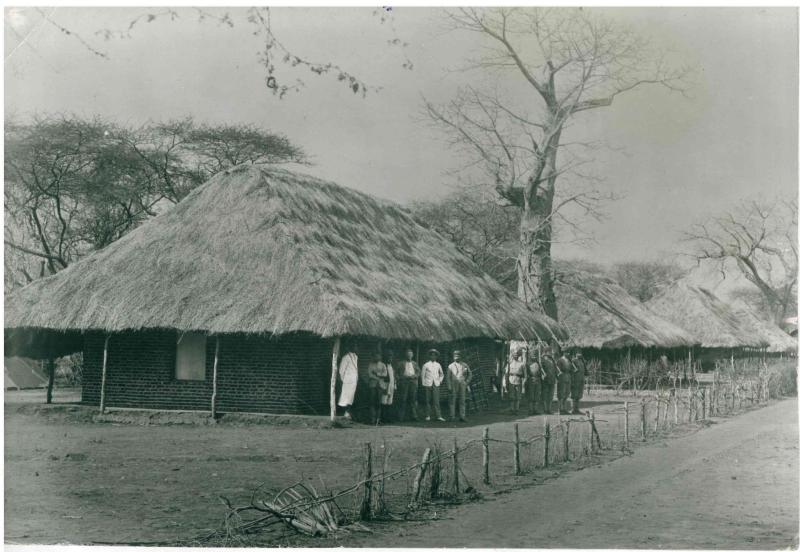×
The Standard e-Paper
Stay Informed, Even Offline

Kibwezi may not be a bastion of the opposition but at a time when it mattered, this town kept at bay a far more superior adversary who was armed to the teeth with guns and the Bible.
There was a time in the history of this country when the mere mention of Kibwezi sent chills down the spines of missionaries who were trying to establish their dominion over Kenya’s hinterland.